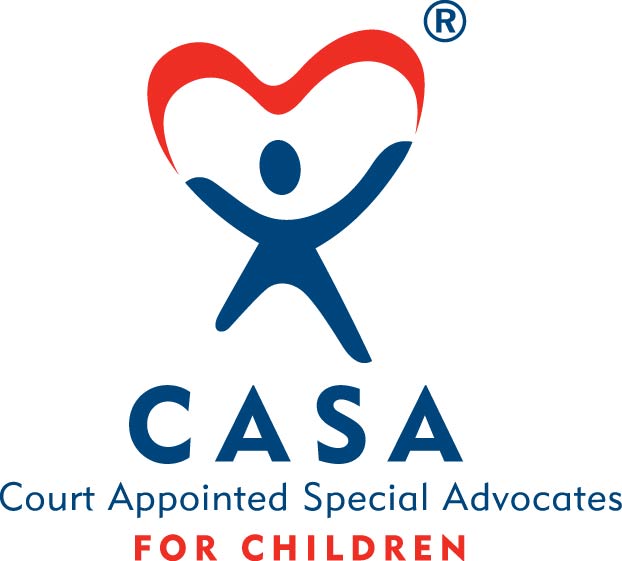You Can Make A Difference
Learn MoreChild Advocacy Program
Frequently Asked Questions
What is a Court Appointed Special Advocate (CASA)?
A CASA is a trained community advocate who is appointed by a judge to represent the best interest of a child in court by serving as an extra pair of eyes and ears for the Court and a voice for the child. Children are referred by the Juvenile and Domestic Relations Court Judge because their families have been cited for abuse and neglect, and their home placement is being determined in Juvenile and Domestic Relations Court.
What is the CASA advocate's role?
A CASA advocate provides the judge with carefully researched background information about the child to help the court make a sound decision about that child’s future. Each home placement is as unique as the child involved. The CASA advocate must determine if it is in a child’s best interest to stay with his or her parents or guardians, be placed in foster care, or be freed for permanent adoption. The CASA advocate makes a recommendation on placement to the judge, and follows through by monitoring the case until it is permanently resolved.
Is there a “typical” CASA advocate?
CASA advocates come from all walks of life, with a variety of professional, educational, and ethnic backgrounds. There are more than 100,000 CASA advocates nationwide. Two-thirds of the advocates nationwide are women; one-third are men. There are over 970 local programs that vary in the number of advocates they utilize. Aside from their CASA advocate work, many advocates are employed in regular full-time jobs and the majority have graduated from college. Many have advanced degrees.
Can anyone Volunteer to be a CASA?
CASA advocates are ordinary citizens. No special or legal background is required. Advocates are screened closely for objectivity, competence and commitment. The Code of Virginia and the Department of Criminal Justice Services specify through law and regulations that all individuals who are interested in becoming a CASA advocate must be a minimum of 25 years of age and must submit to and pass a thorough background examinationA CASA is a trained community advocate who is appointed by a judge to represent the best interest of a child in court by serving as an extra pair of eyes and ears for the Court and a voice for the child. Children are referred by the Juvenile and Domestic Relations Court Judge because their families have been cited for abuse and neglect, and their home placement is being determined in Juvenile and Domestic Relations Court.
How does a CASA advocate investigate a case?
The CASA advocate talks with the child, parents, foster parents, family members, social workers, school officials, child care providers, health providers, and others who are knowledgeable about the child’s history. The CASA advocate also reviews all records pertaining to the child—such as school, medical, and social worker reports. For each court hearing, the CASA compiles all the information gathered and submits a written report to the Judge.
How does a CASA differ from a social worker?
Social workers generally are employed by state governments. A CASA is an advocate, and has more time and smaller caseloads (an average of 1-2 cases) than professional social workers, who handle many complex cases simultaneously. The CASA advocate does not replace a social worker on a case; the CASA is an independent appointee of the Court. The CASA advocate thoroughly examines a child’s case, has knowledge of community resources, and can make a recommendation to the Court independent of state agency restrictions.
How does the role of a CASA advocate differ from an attorney or Guardian ad Litem?
The CASA advocate does not provide legal representation in the courtroom. That is the role of the attorney. However, the CASA advocate does provide crucial background information that assists attorneys in presenting their cases. It is important to remember that CASA advocates do not represent a child’s wishes in court. Rather, they speak to the child’s best interest.
Do lawyers, judges and social caseworkers support CASA?
Yes. Juvenile and family court judges implement the CASA program in their courtrooms and appoint the advocates. CASA has been endorsed by the American Bar Association, the National Council of Juvenile and Family Court Judges, and the National Association of Public Child Welfare Administrators.
Does the federal government support CASA?
CASA is a priority of the Department of Justice Office of Juvenile Justice and Delinquency Prevention. The office encourages the establishment of new CASA programs, assists established CASA programs, and provides partial funding for the National CASA Association.
Become an Advocate

Contact Us
Tel: (757) 229-3306
Fax: (757) 229-3972
3917 Midlands Road, Ste 2A
Williamsburg, VA 23188
Office Hours
Monday -Thursday 8:00 – 4:30
Friday: 8:00 – noon – working remotely
